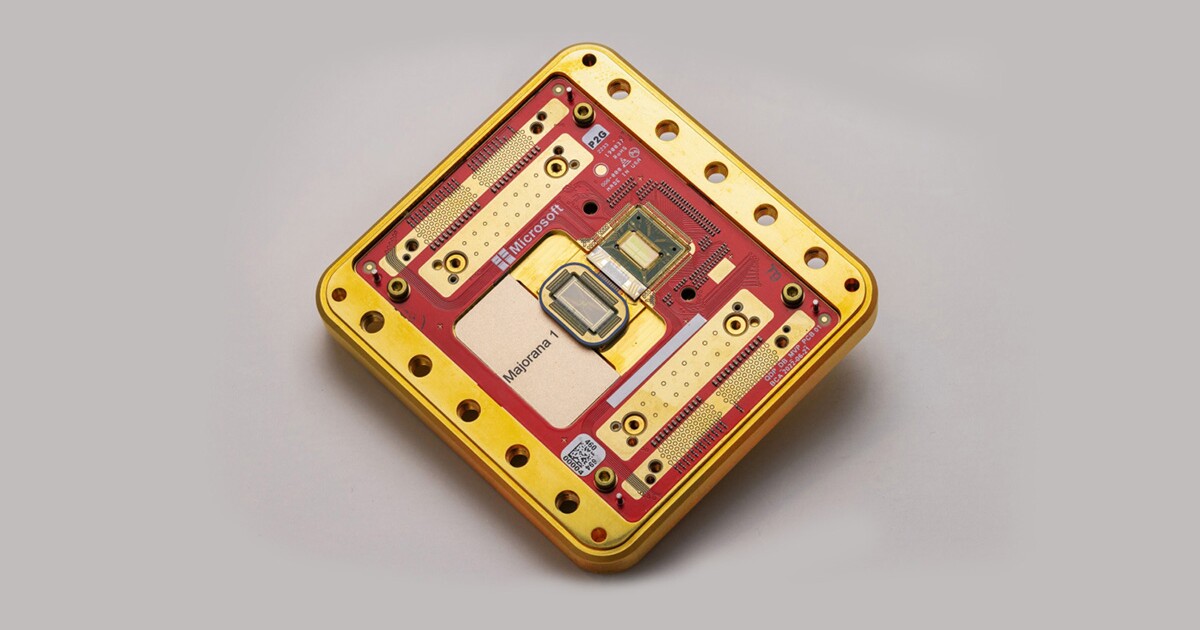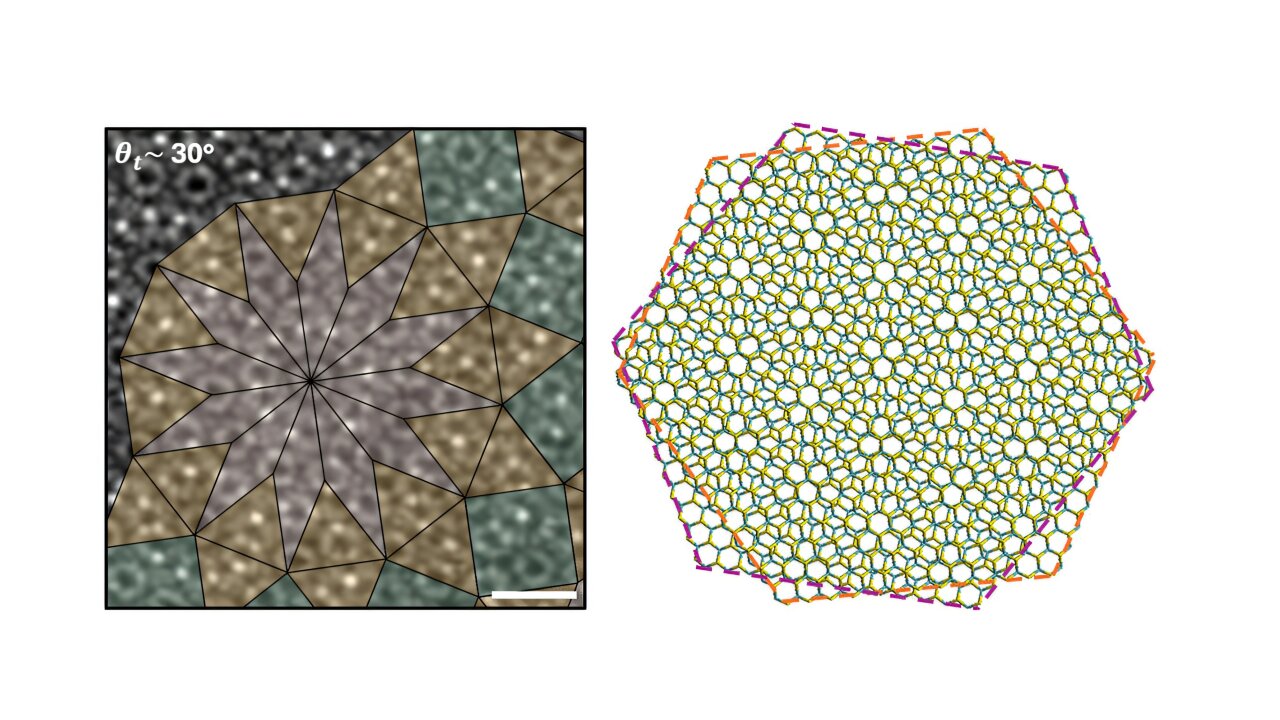
IBM released its plans for building a system that should push quantum computing into entirely new territory: a system that can both perform useful calculations while catching and fixing errors.

Microsoft says it's made a major breakthrough in quantum computing capabilities with the Majorana 1, its first quantum chip.

In a groundbreaking use of teleportation, critical units of a quantum processor have been successfully spread across multiple computers.

Team of international researchers have recently discovered a strange new state of matter in the dynamics of currents flowing through layers of graphene.

A new vortex electric field with the potential to enhance future electronic, magnetic and optical devices has been observed by researchers from City University of Hong Kong and local partners.

The potential of quantum computing is immense, but the distances over which entangled particles can reliably carry information remains a massive hurdle.

For decades, the pursuit of quantum computing has struggled with the need for extremely low temperatures, mere fractions of a degree above absolute zero.

Scientists achieve groundbreaking room-temperature quantum coherence for 100 nanoseconds, propelling molecular qubits closer to practical quantum computing.

In a noteworthy first, a team of Princeton physicists has been able to link together individual molecules into special states that are quantum mechanically “entangled.”

International researchers have manipulated small numbers of bound photons, scattering off an artificial atom. This unprecedented achievement represents an important landmark in the development of quantum technologies.

Google researchers demonstrated they could reduce errors in calculations while increasing the number of physical quantum bits (qubits) in a 'logical qubit,' a building block of large-scale quantum computers.

A UK University team developed a system able to transport information from one chip to another with a reliability of 99.999993% at record speeds.

Quantum brain processes could explain why we can still outperform supercomputers when it comes to unforeseen circumstances, decision making, or learning something new, while the discovery may also shed light on consciousness.

The Nobel Prize for Physics 2022 has been awarded to three physicists working on quantum mechanics - Alain Aspect from France, John Clauser from the United States and Anton Zeilinger from Austria.

Another record has been broken on the way to fully operational and capable quantum computers: the complete control of a 6-qubit quantum processor in silicon. Researchers are calling it "a major stepping stone" for the technology.